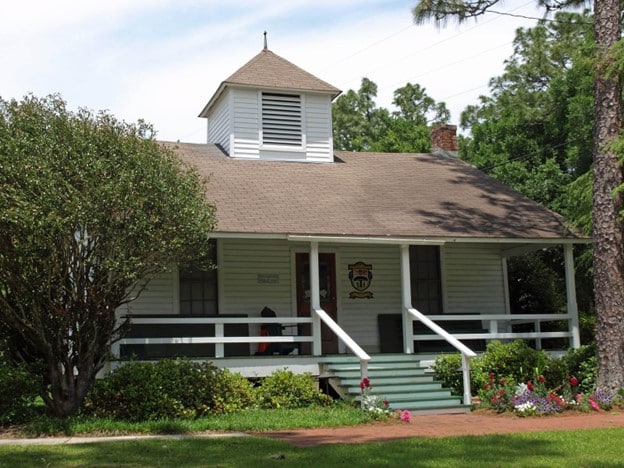Renting a property should be an exciting experience, not a stressful one. But what happens when issues arise? Knowing where to turn for help is crucial. This comprehensive guide equips you with the knowledge and resources to navigate any rental problems effectively, ensuring a positive renting experience.
What Types of Issues Can Occur with Rentals?
Rental issues are diverse, ranging from minor inconveniences to major problems impacting your safety and comfort. Common tenant problems include maintenance and repair needs, such as leaky faucets, malfunctioning appliances, or heating/cooling system failures. Pest infestations, from rodents to insects, are another frequent concern, requiring prompt professional attention. Noise complaints and disputes with neighbors can significantly impact your quality of life, necessitating clear communication and conflict resolution strategies. Beyond these, lease violations, property damage, and security concerns are also possibilities that demand swift action.
How Can I Contact Customer Support for Rental Issues?
Effective communication is key to resolving rental problems quickly. Most property management companies offer multiple contact options. Phone support provides immediate interaction, allowing for detailed explanations of the issue. Email support offers a written record of your request and is useful for less urgent problems. Online support portals, often including a help desk or FAQs, offer self-service options and access to resources. Many companies now provide live chat features on their websites, offering immediate assistance for straightforward questions. Choosing the best method depends on the urgency and complexity of your problem.
What Should I Include in a Maintenance Request?
Submitting a detailed maintenance request increases the chances of a prompt and effective response. Clearly describe the problem, including the location and affected area. For instance, instead of "sink is broken," specify "kitchen sink leaking from under the faucet." State the urgency of the repair; is it impacting your health, safety, or daily living? If possible, include photos or videos documenting the issue. This provides visual evidence supporting your claim. Finally, specify the best time for a technician to visit and any alternative contact information.

What Are My Rights as a Tenant?
Understanding your tenant rights is crucial for protecting yourself. You are legally entitled to a safe and habitable living space, free from significant health and safety hazards. Your landlord has a responsibility to maintain the property in a livable condition. You are also generally protected from retaliation for reporting issues or exercising your rights. Familiarize yourself with your local housing laws, which outline specific tenant rights and landlord responsibilities, including procedures for resolving disputes. Seeking legal advice if needed can empower you.
What Should I Do If I Have a Complaint About My Landlord?
If you have a complaint, document every interaction meticulously. Keep records of all communication, including emails, phone calls, and any in-person conversations. First, try addressing the issue directly with your property manager or landlord. If this fails, escalate the complaint to higher authorities, such as the rental company's corporate office or local housing authorities. Mediation or arbitration may be viable options for resolving conflicts before resorting to legal action. These https://spanishfort-alabama-36535cf790.yousher.com/what-items-are-prohibited-from-dumpster-disposal-in-2025 alternative dispute resolution methods provide a structured approach to resolving disagreements, often saving time and expense.
What Resources Are Available for Legal Advice?
Navigating legal complexities can be challenging. Fortunately, various resources can offer guidance and support. Local housing authorities are often excellent starting points, providing information on tenant rights and complaint procedures. Legal aid organizations offer free or low-cost legal assistance to low-income tenants, providing crucial support when navigating legal processes. Online legal resources and hotlines provide general information and may connect you with legal professionals in your area. These resources vary by location, so research what's available in your community.
Frequently Asked Questions
Q: What should I do if my landlord isn’t responsive to maintenance requests?
A: Document all your attempts to contact them, including dates, times, and methods of contact. If no response is received within a reasonable time frame, consult your lease agreement and consider contacting your local housing authority or seeking legal advice.
Q: How can I escalate a complaint about my rental?
A: Begin by documenting the issue and communicating with your property manager. If no resolution is reached, escalate to the higher management level of the property management company, and consider contacting your local tenant rights organization or housing authority. Legal recourse may be necessary as a last resort.
Q: What is the difference between mediation and arbitration in rental disputes?
A: Mediation involves a neutral third party helping you and your landlord reach a mutually agreeable solution. Arbitration involves a neutral third party who hears evidence and makes a binding decision that both parties must accept.
Q: Can I report my landlord for not maintaining the property?
A: Yes, you can report your landlord to the relevant housing authorities in your area. It's crucial to document any instances of neglect with photos or videos as evidence.
Successfully navigating rental issues requires proactive communication, thorough documentation, and a clear understanding of your rights. By utilizing the resources and strategies outlined in this guide, you can effectively address any problems, ensuring a smooth and positive rental experience. Remember, your comfort and safety are paramount. Don’t hesitate to seek help when needed.